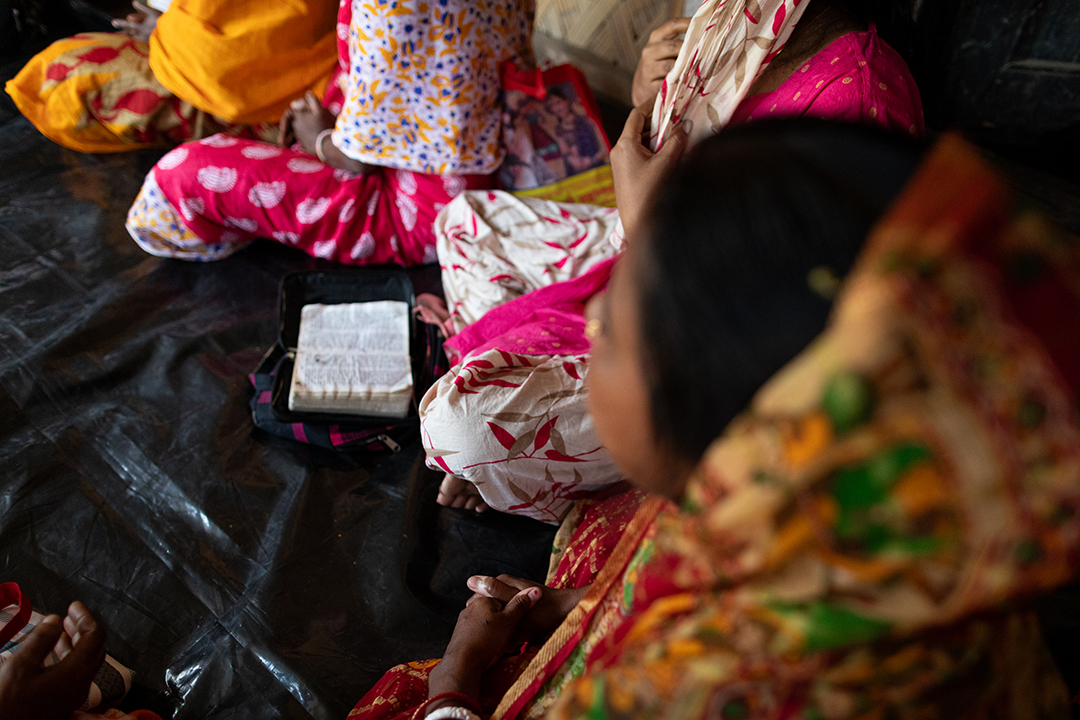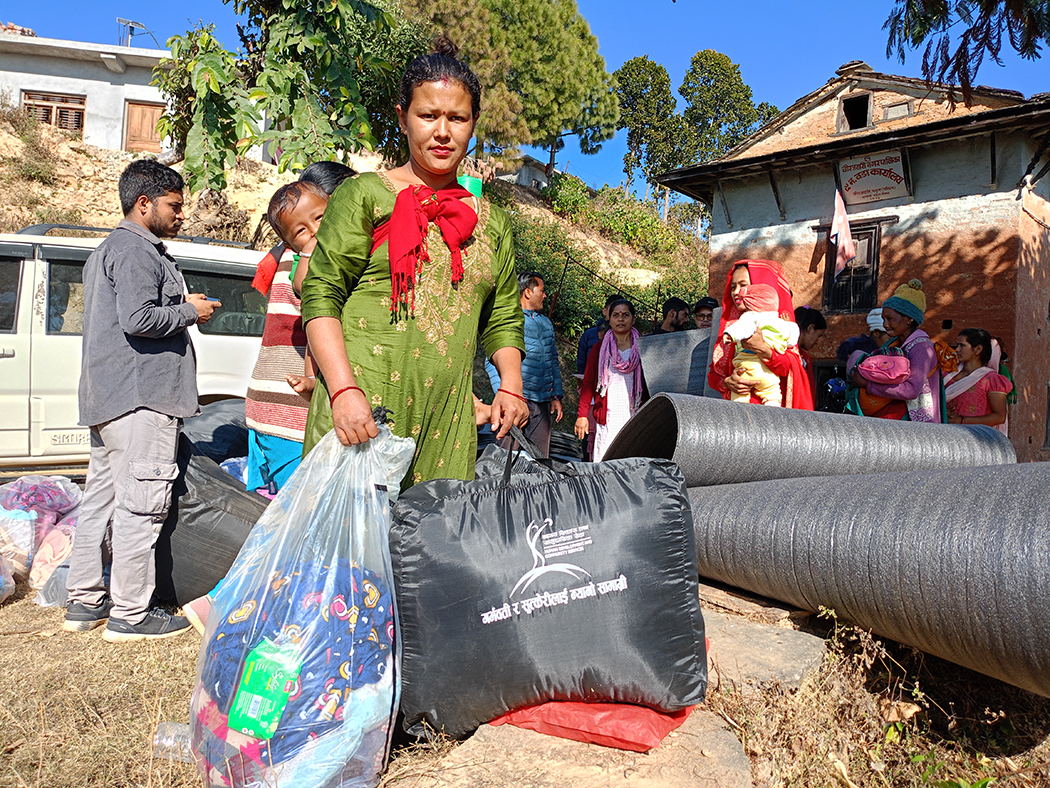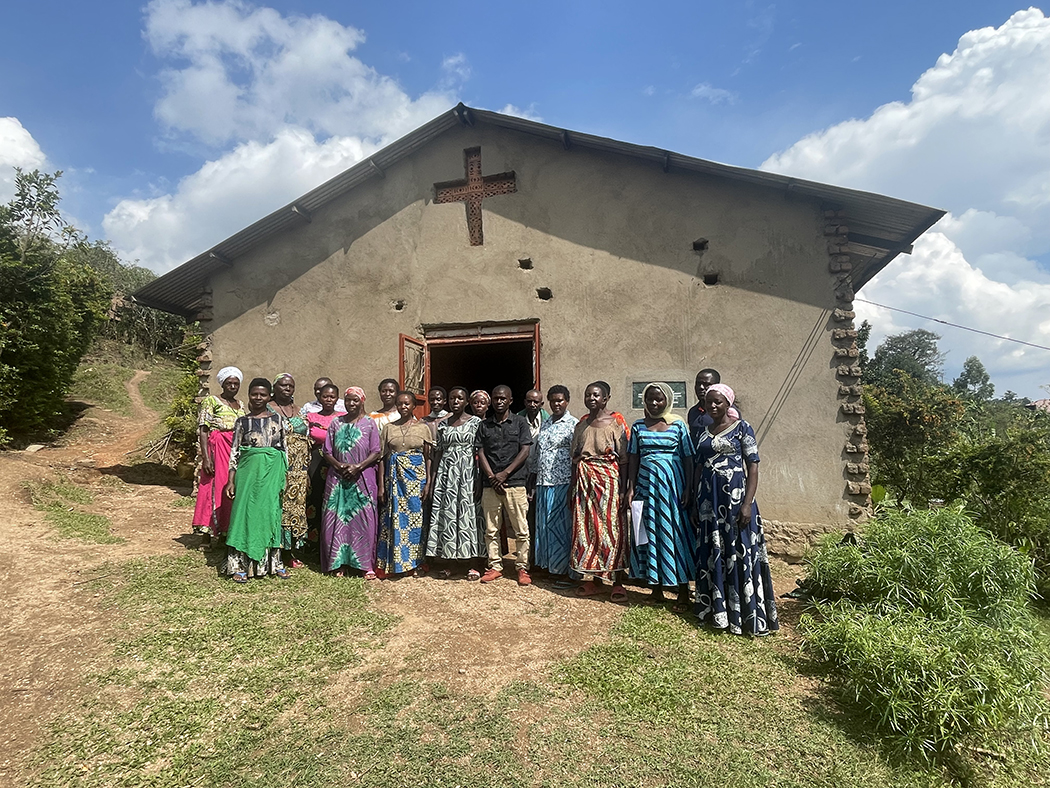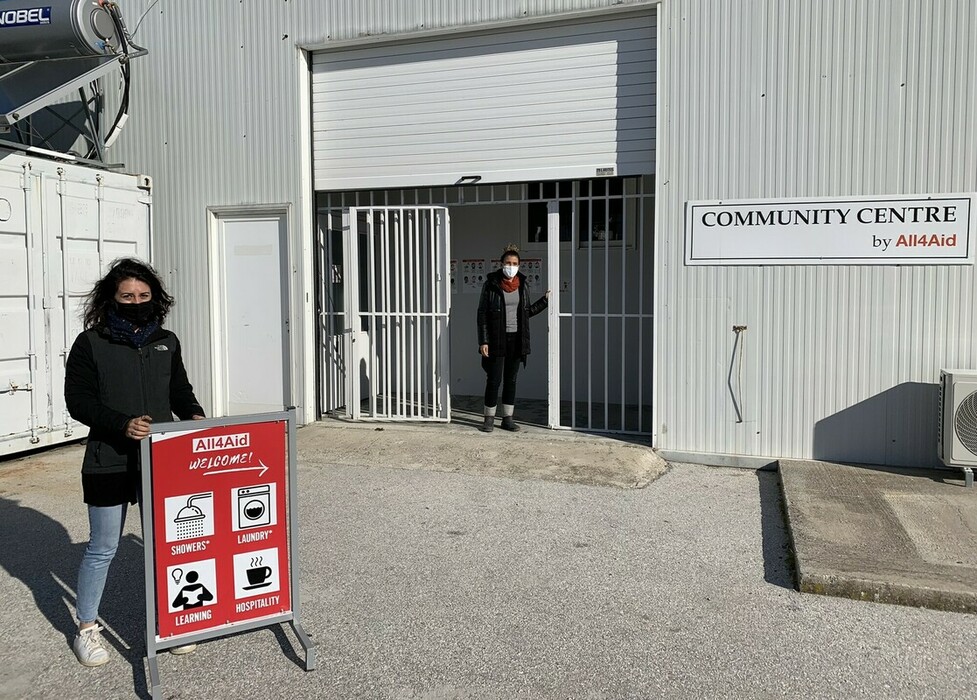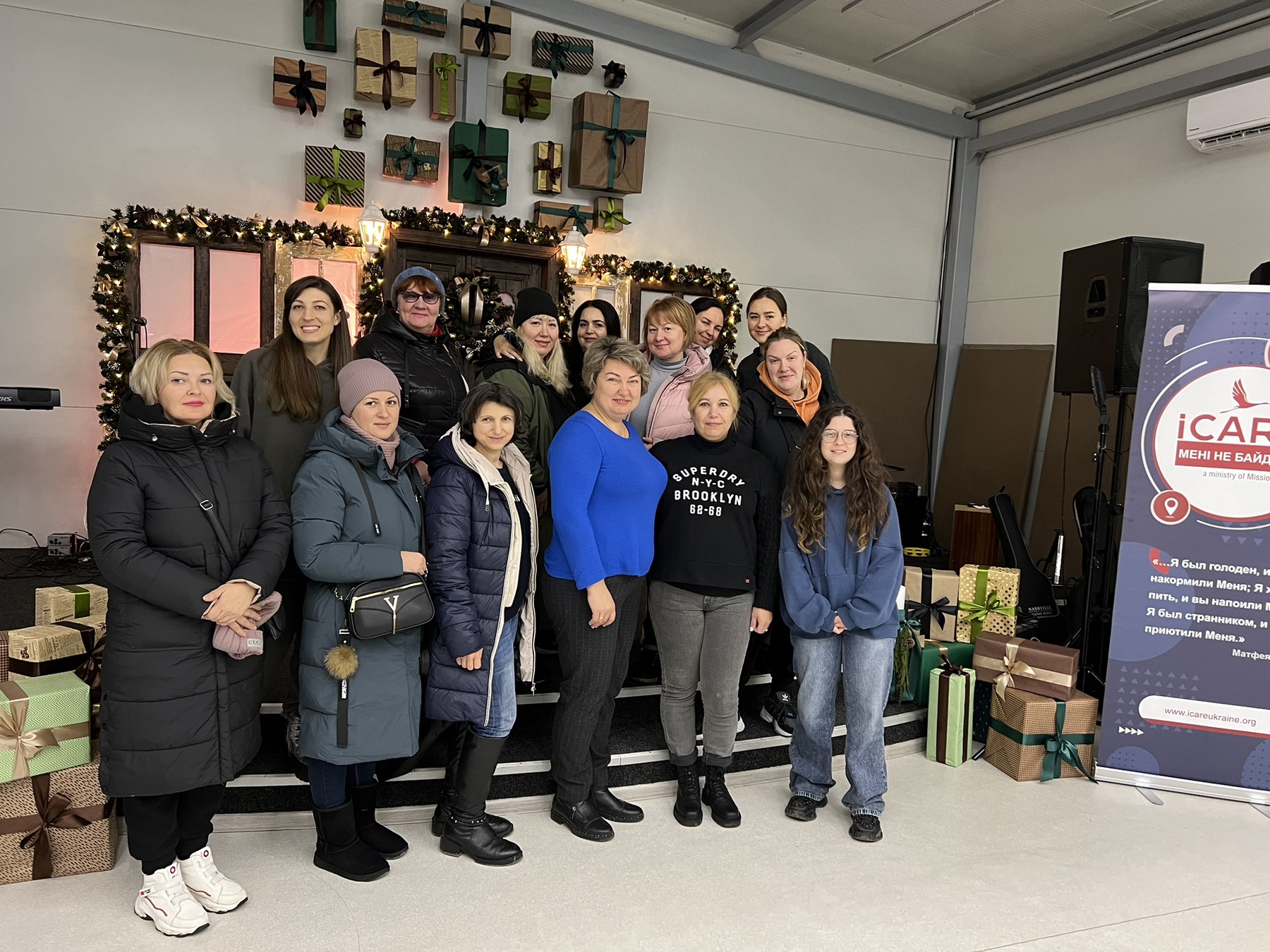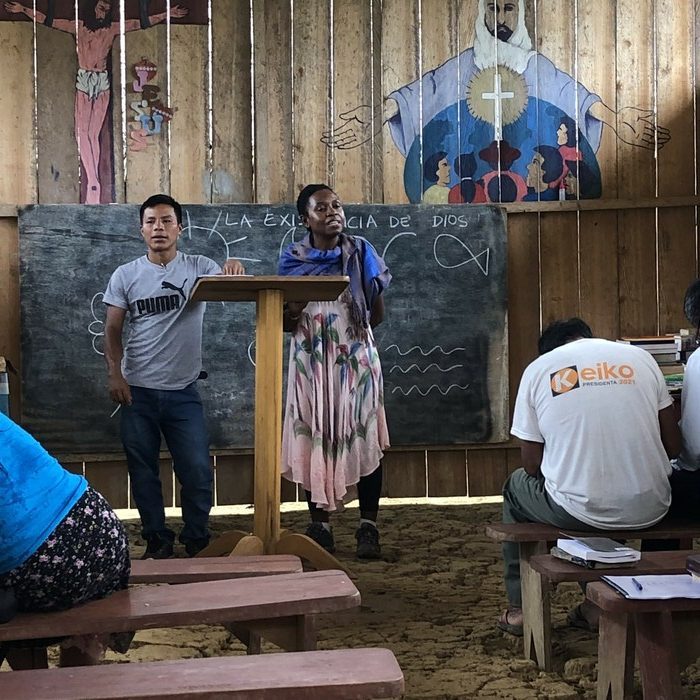Andrea and Mark Hotchkin on fighting an ‘orphan disease’ in the Chadian desert.
Orphan disease /ˈɔːf(ə)n /dɪˈziːz/ noun
- A disease whose treatment or prevention has seen little investment by pharmaceutical companies, because any financial incentives for manufacturing new medications to treat or prevent it are small.
- Orphan diseases may also include neglected tropical diseases, defined by the World Health Organisation (WHO) as a group of diseases concentrated almost exclusively in poor populations in the Global South. Among these diseases, which affect more than one billion people, are dengue fever, leprosy, onchocerciasis (river blindness) and leishmaniasis.
If you haven’t heard of leishmaniasis before, don’t worry, you’re not alone. Think of malaria, and you’re getting close, except that this microscopic parasitic disease is restricted to a much narrower geographical region, populated by the particular species of sandfly that transmits it. “In world-terms, it’s not an important disease,” says Mark Hotchkin, who, alongside his wife Andrea, has served as a surgeon in Chad for the past ten years. “Visceral leishmaniasis kills something like 20 to 40,000 people in the world every year, whereas malaria will see something like 10,000 deaths of children in Chad alone.”
And while the problem is of a totally different order in terms of numbers, when you live in an area that is affected by leishmaniasis – and patients start showing up to the hospital with worrying symptoms – it becomes less about the global statistics, and entirely about what you can do to help this person. “Really, you could argue that in terms of numbers, you should focus on malaria and forget about leishmaniasis,” adds Andrea. “But, I suppose, we’ve been in the right place at the right time.” Mark vividly remembers the day he was called to see his first leishmaniasis patient. It was 18 March 2018, and a child with a high fever had been brought to the hospital. It was an unusual case that left the staff team puzzled, but Mark was reminded of the leishmaniasis patients he’d only ever come across three or four times while working in the Chadian capital of N’Djamena. The little 12-year-old boy who had been brought to Mark was already extremely ill, and while Mark was confident of his diagnosis, he didn’t have access to any of the tests or medications he needed to treat the child.
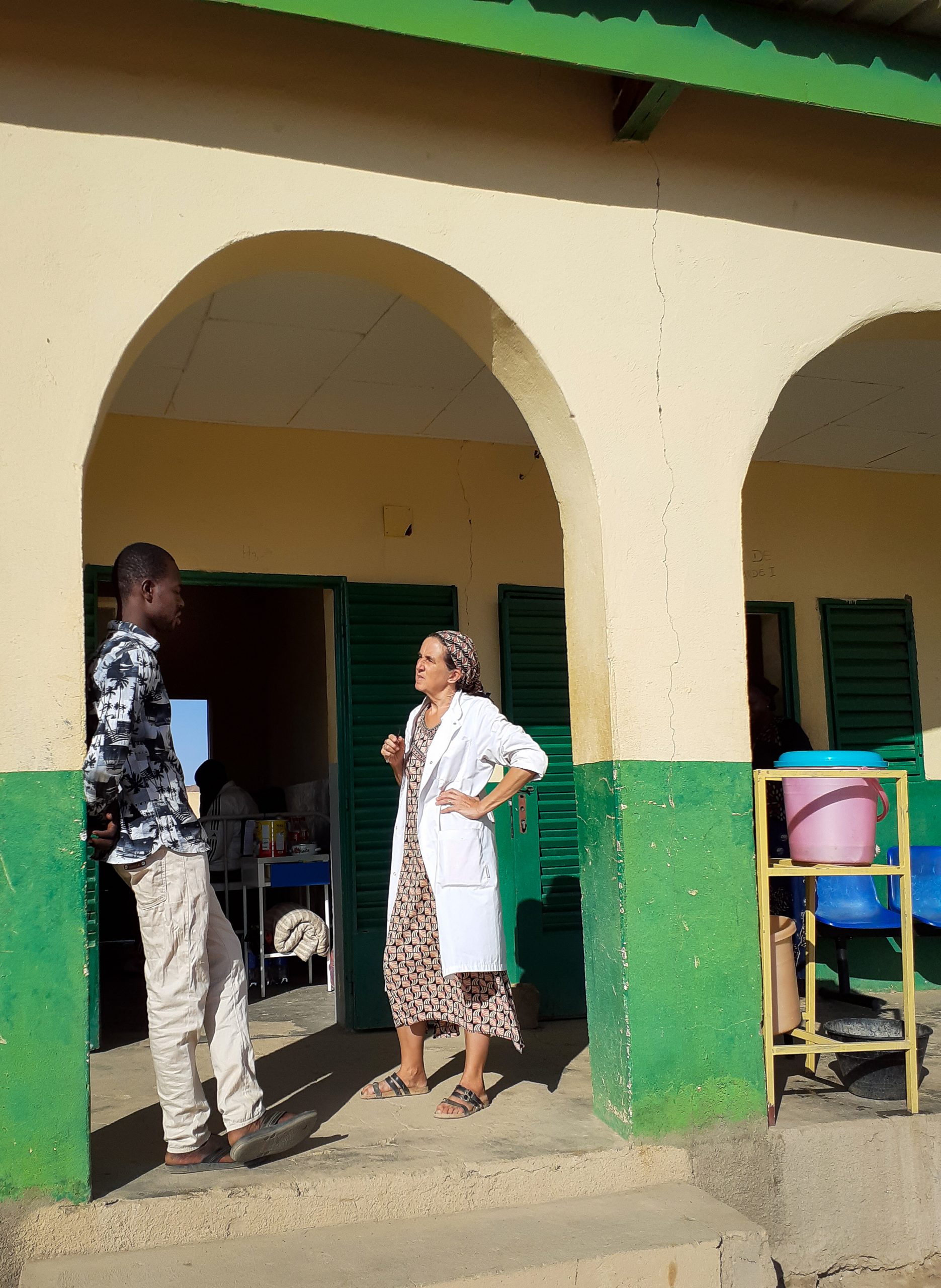
The difficult truth
Because leishmaniasis has been categorised as an ‘orphan illness’ – restricted to the poorest parts of the world and not financially lucrative to create up-to-date medications for, you might be led to think its prognosis isn’t serious. And while eight in ten people will be naturally inoculated against the disease, visceral leishmaniasis (one form the disease can take) attacks the internal organs of the 20 per cent who aren’t.
Those who do go on to show symptoms will start to experience them a couple of months after being infected, as the disease infiltrates their bone marrow, liver and spleen. Sufferers become anaemic, feverish and eventually immunodeficient, unable to make new blood platelets and at risk of severe bleeding. Without treatment, it’s a slow, inevitable decline towards death.
Faced with this knowledge, and in an awful race against time, Mark and Andrea quickly sent out a call for the medication to everywhere they could think of, even going so far as to contact suppliers in England in case it could be found in time. A rare supply of drugs was frantically sourced by BMS pharmacist Claire Bedford and paid for by BMS World Mission – but – “It arrived shortly after he’d died,” says Andrea. “It was really very sad.” And while the medication did arrive, another patient had since passed away less than a day after arriving at the hospital. Time went by without any other leishmaniasis patients coming to the hospital, but, unbeknown to Andrea and Mark, echoes of the tragic deaths had found their way to Chad’s Ministry of Health. God had truly been at work, and it was with real surprise that Mark and Andrea found themselves being offered a large donation of leishmaniasis medication by the Ministry of Health’s own pharmacist, who wanted to know if Mark and Andrea had the skill to roll it out in the hospital in Bardaï.
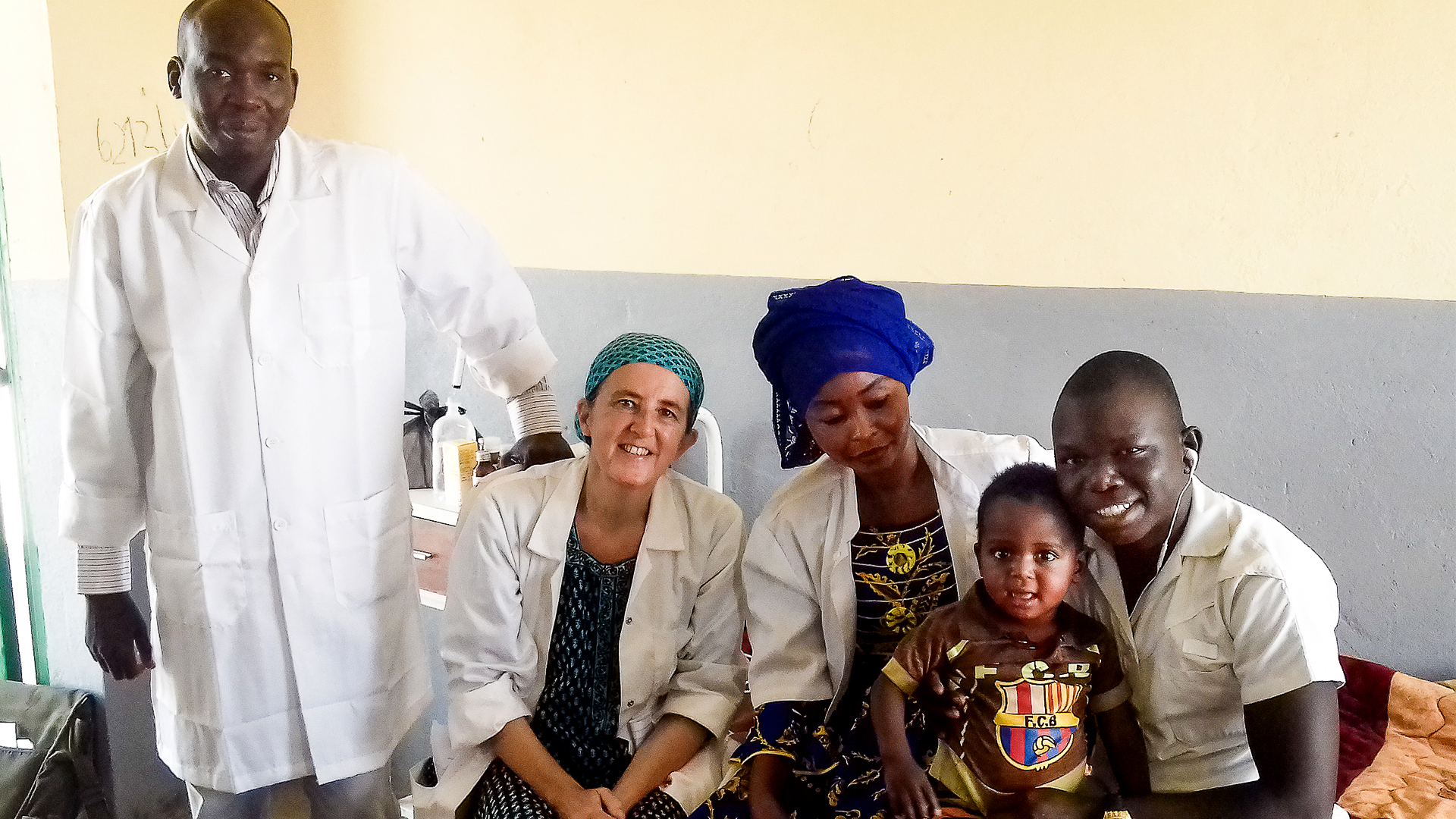
“We got the drugs, we got the tests, and then… we started getting patients,” says Andrea. Ironically, the news that tests are available has made life more complicated when chatting to anxious parents, coming to the hospital with a feverish child. “The trouble is that these tests will give you a positive reading, even if you’re one of the eight in ten who is immune to leishmaniasis,” says Andrea. A positive reading means the team have to think hard about whether to start someone on the treatment plan of daily injections, which can span from 17 days all the way up to 30. This is because the treatment plan has lots of negative side-effects, partly due to leishmaniasis’ status as an orphan disease. Little research has gone into creating newer, more effective drugs, and with Andrea’s rough estimate that around five per cent of those who go on the treatment plan could die from those side effects, you start to appreciate the enormity of the decision Andrea and Mark have to make.
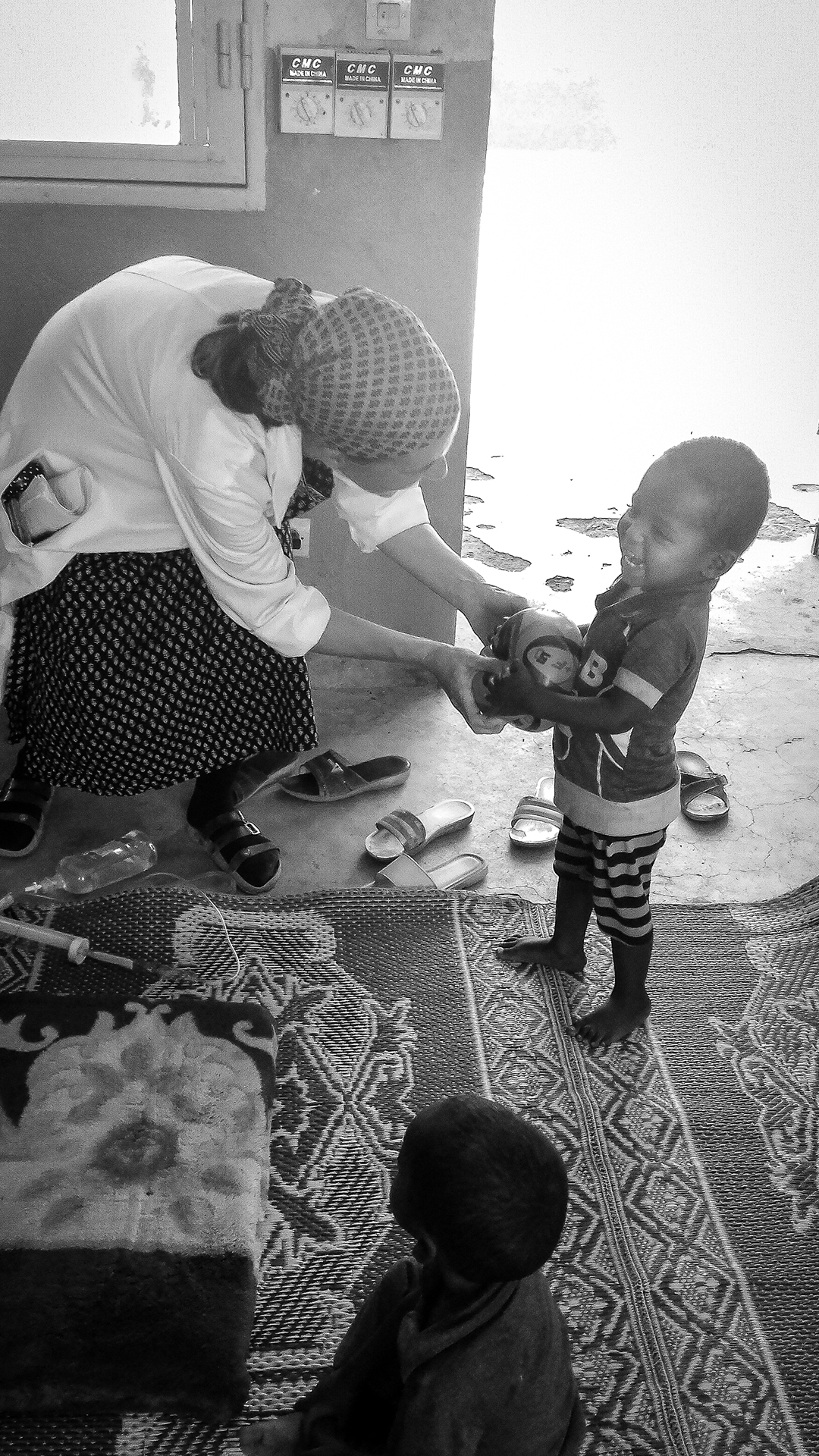
To make that crucial decision, they’ve developed a rigorous protocol to follow with each patient. They begin by taking on board what the patient says, ascertaining whether they’ve had a fever and how long it’s gone on for. Then, they’ll admit them to the hospital and monitor them, using a test to rule out malaria and treating them with antibiotics. Without any improvement from that, they’ll do the test for leishmaniasis and start them on the medication. Wonderfully, because the Ministry of Health has been involved since the beginning, the expensive treatment course is free for patients. A cohort of doctors has also been sent to examine Mark and Andrea’s work and suggest how it could be replicated across the country. “They were really impressed,” explains Andrea. The WHO has come on board too, and samples of the leishmaniasis strain have been sent to Cameroon for testing, so the most effective medication might be found. When the treatment plan is rolled out, affected areas of Chad will have the possibility of treating people with leishmaniasis for free, including, hopefully, at the BMS-supported Guinebor II hospital in N’Djamena. Andrea and Mark estimate that without the treatment hub they’ve created at the hospital, most patients they see would end up seeking help in Libya.
“Lots of things have fallen into place that have allowed us to do more than we would have ever imagined we could do,” says Andrea. Another positive consequence of the programme has been a huge increase in confidence in the hospital, with the wards filling up and patients staying for the whole course of their treatment, something that wasn’t a given previously. Two things are undeniable though: Andrea and Mark are quite clear that this astounding achievement would not have been possible without God’s provision and without your support.
“It is such a joy to see a child who has come in so sick go home laughing and running around,” reflect Andrea and Mark. “Thank you for enabling this to happen.”
Make pioneering healthcare and lifesaving work like this possible. You can enable Andrea and Mark’s crucial work when you support them regularly as a 24:7 Partner. Go to www.bmsworldmission.org/247 today, and support healthcare in northern Chad.

Words by Hannah Watson, Editor of Engage, the BMS magazine.


